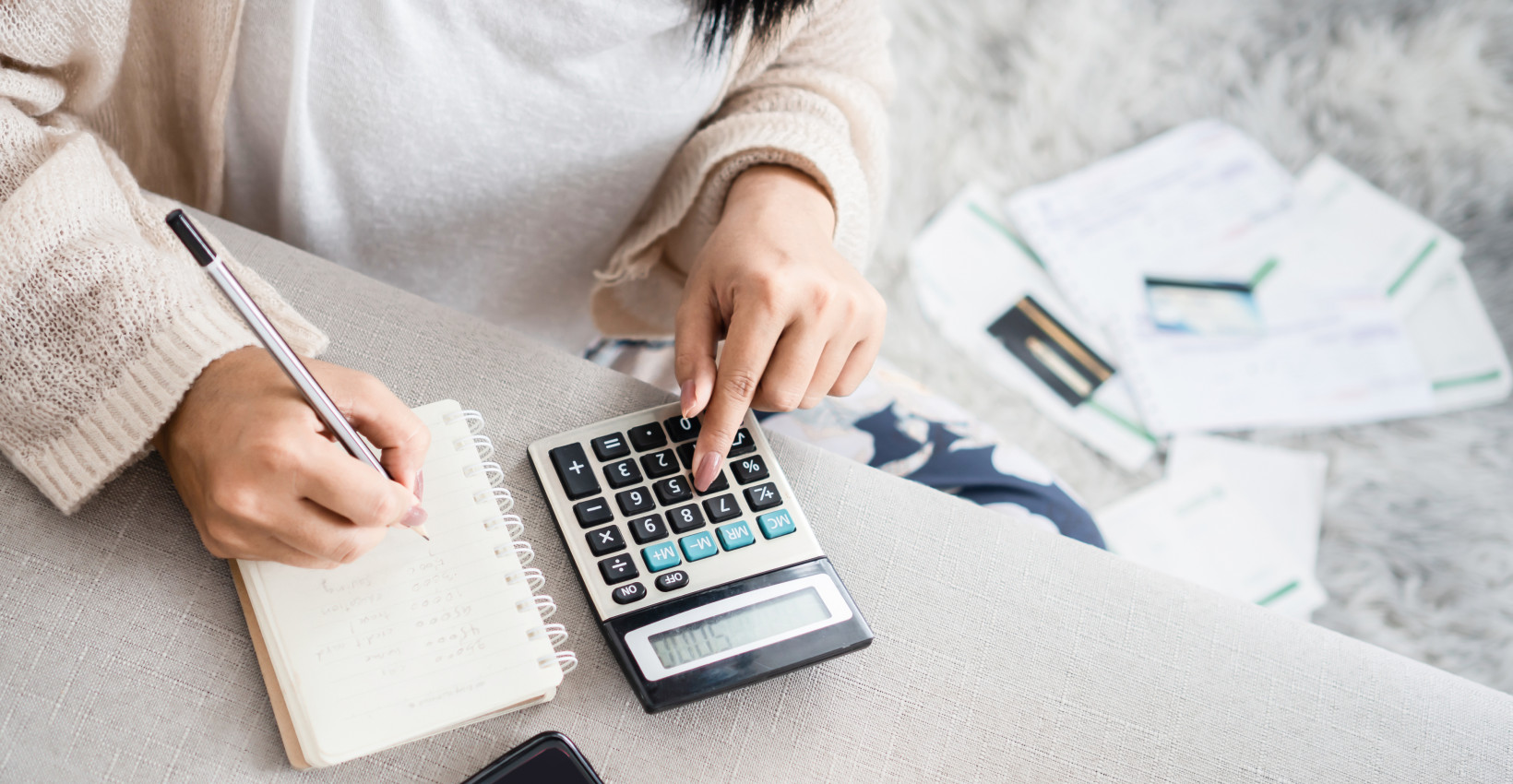Big purchases: Spend your savings or borrow money?

Big-ticket purchases are a rite of passage throughout adulthood. We all need cars to drive, houses to live in, and appliances to run our homes, as well as numerous other items. But what’s the best way to fund these purchases? Is it better to pay cash from savings or borrow money?
When it comes to big purchases, having a deep well of savings is always a good thing — especially if the item is an emergency purchase, like a hot water heater that decides to give up the ghost during a hectic week when the whole family needs hot water to function.
While using money in savings is great — if you have it — when is it better to borrow the money you need for those purchases to avoid depleting your well of reserves? Let’s break down your options and learn about opportune times to use money in savings, and other circumstances when borrowing funds makes the most sense.
When to use savings
Spending your savings is usually best since it’s better to spend against the interest earnings you’d make from your savings than to pay out interest to a financial institution. Using your savings saves you from being indebted to anyone and can decrease the cost of goods and services you pay for.
During times when interest rates are high for borrowers, it makes good sense to use your savings to avoid paying more for the same product you’re already buying after you factor in interest. It might be a bitter pill to swallow when your savings account shrinks, but you avoid paying extra in interest, which is a big win.
Cash can sometimes give you bargaining room on a big purchase too. Many retailers will give a discount to an individual paying cash, giving you leverage to negotiate a bit on the price and save some money. (Be aware that the inverse can be true too. Some retailers will give you special deals for using their financing options, so it’s good to weigh your options.)
Another great time to use your savings is when you know you have another large purchase on the horizon. Having too much debt can negatively affect your credit score and debt-to-income ratio, forcing you to pay higher interest on future purchases or disqualifying you from borrowing altogether, respectively.
When to borrow money
There are several times when borrowing money can be advantageous. But first, let’s dispel the myth that all debt is bad. Bad debt exists, but there’s also good debt. Let’s dive into the difference between the two kinds of debt.
Good debt has the potential to increase your net worth or enhance your life in a positive way. The purchase of a house that will appreciate (increase in value with the housing market) is good debt, as is investing in education or your own business. Bad debt involves borrowing money for purchases that will rapidly depreciate, or debt that is taken on for the sole purpose of consumption. Typically, things like clothes and consumables are considered bad debts because they lose value quickly.
When is it wise to borrow for a big-ticket purchase? Let’s break it down further:
- When you don’t have enough in savings. This one is simple. If you don’t have the money and need the item, it’s a no-brainer to borrow the money. Using our prior water heater scenario, it’s better to borrow a little bit to get the hot water going in the house than to have the entire household showering at friends’ homes — or worse yet, showering in freezing cold water!
- Special savings or sales. If you’re looking at an item you’ve been eyeing for some time and funding it with a loan gets you a better deal, that’s a good way to go. For instance, say you’re considering a new car and there are special rebates only available for a limited time and cashing out accounts isn’t an option due to the timing. It makes sense to borrow if the financing options are advantageous. Check out our Big Purchase Calendar download for more information on the best time of year to make certain purchases.
- Low interest rates. When rates are low, it’s usually better to borrow the money. Dipping into savings will cost you some earned interest, and when mortgage and consumer loan rates are low, it can work in your favor to borrow the cash.
- Your savings are long-term. If the purchase you’re considering will force you to dip into long-term savings like retirement accounts, stocks, bonds, and other accounts earning interest, it’s best to borrow the cash. Likewise, if your investments are down, taking the funds out is a bad choice since you’ll be realizing the losses on those accounts by selling them when their value is low. It’s best to let those funds ride out the market, to rebound when the stock market improves.* Basically, any time you might disrupt earnings, you should consider borrowing funds instead.
If you’re considering a big purchase and need a quick and easy consultation on whether or not to borrow funds, our Consumer Loans team is here to answer any questions you have. Happy shopping!
|
Loan products subject to credit approval.
Learning Center articles, guides, blogs, podcasts, and videos are for informational purposes only and are not an advertisement for a product or service. The accuracy and completeness is not guaranteed and does not constitute legal or tax advice. Please consult with your own tax, legal, and financial advisors.




